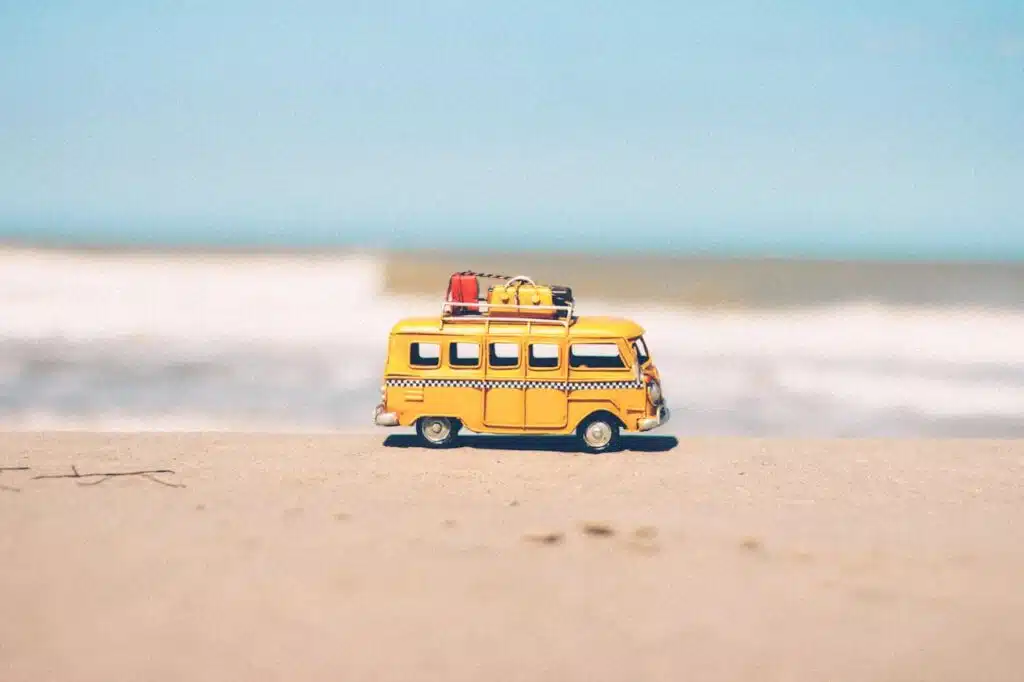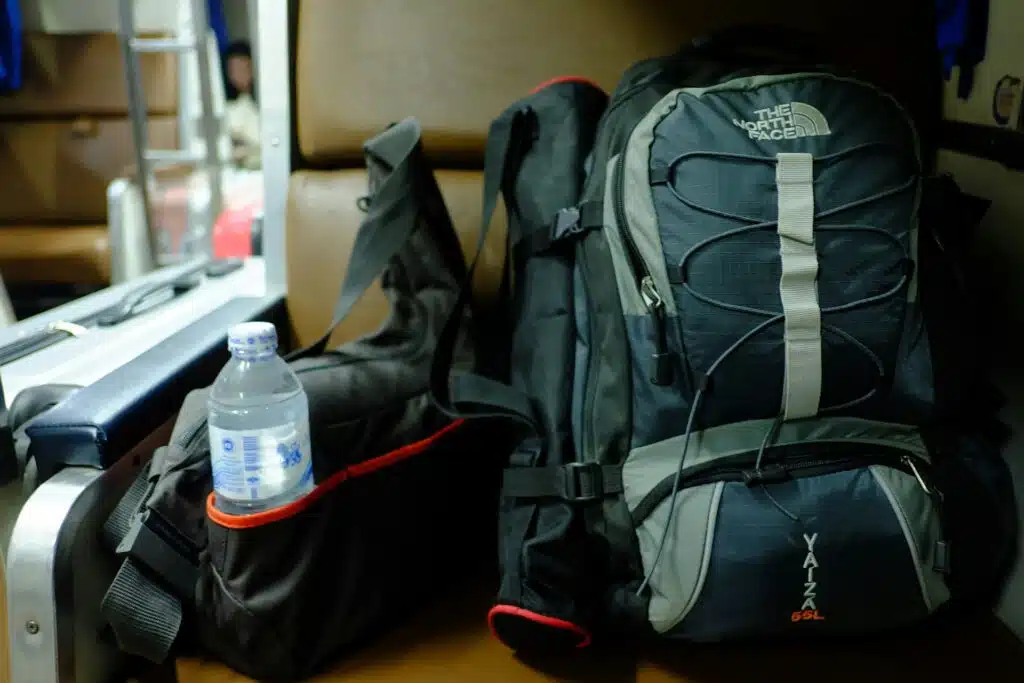Ever find yourself stuck in Virginia traffic, daydreaming about leaving it all behind in a camper van—no meetings, no packed commutes, just the freedom of the road?
It’s a romantic idea, especially in a state where scenic highways and historic stops like Williamsburg tempt drivers to roll down the windows and keep going. In this blog, we will share what it actually takes to begin van travel the smart way—without burning out before the adventure begins.
Romance Meets Reality on Day Three
The first few days of van travel often feel like the trailer to a feel-good indie film. You wake up to misty mountain views. You cook breakfast on a tiny stove and post a filtered sunrise on Instagram. But sometime between navigating a crowded rest stop and trying to rinse dishes with half a bottle of water, you realize this isn’t a vacation—it’s a lifestyle with logistics.
That’s where planning makes the biggest difference. A smart start doesn’t mean mapping every minute or building a Pinterest-perfect interior. It means thinking ahead to what you’ll need when you’re tired, hungry, or nowhere near a cell signal. Power, water, waste, temperature—these aren’t just features. They’re systems you’ll depend on daily. And if they fail, the dream turns into a series of minor breakdowns.
You don’t need luxury to stay comfortable, but you do need function. Solar panels or battery banks for charging. Adequate storage for food and tools. Reliable insulation if you’re heading into unpredictable weather. And just as important—backup plans when your first overnight spot doesn’t pan out.
Every trip also benefits from a mental pause before full-time road life begins. Consider booking a soft launch—something with structure and amenities, close enough to reset if needed. For travelers passing through Virginia, the Westgate Williamsburg resort offers a great base to regroup. Just over a mile from Colonial Williamsburg and a short drive from Busch Gardens and Water Country USA, it’s a place where you can test your gear, stock up, or relax before really committing to the long haul.
The period-specific rooms provide a dose of comfort without disconnecting from the travel vibe, and having easy access to shops, trails, and laundry never hurts. Sometimes the best way to go off-grid is to prepare while you’re still on it.
Don’t Just Pack—Pre-Test
Packing for van life isn’t about cramming everything you own into a smaller space. It’s about choosing tools that do more than one job, clothes that actually fit your travel climate, and gadgets that hold up under movement and dust. You’ll be living in a tight footprint, and even the most organized setups will feel chaotic if you’re constantly moving gear around to get to the thing behind it.
Before you leave, live in the van for a few days while parked. Cook, sleep, organize. You’ll quickly notice what doesn’t work—where items rattle too much, where lighting fails, what items you keep reaching for but didn’t bring. It’s easier to rethink your system when you’re still close to home and hardware stores.
This pre-trip trial also lets you build muscle memory for daily tasks. How long does your water last? How long does your battery hold a charge? What’s the best place to stash shoes or trash? These little habits shape your entire rhythm on the road. And when they’re dialed in, they make everything else feel easier.
Internet Access Is Not a Given—Even Now
Even in 2025, dead zones still exist. You might think cellular coverage blankets the country, but spend a few nights near national forests, high deserts, or tucked-away parks, and you’ll quickly find otherwise. If you’re working remotely, streaming shows, or just trying to check a route update, the lack of signal can turn a calm evening into a frustrating scramble for connection.
There are a few ways around this. A cellular booster can improve weak signals. A dedicated hotspot with multi-network capabilities gives you options. And for longer stretches, offline maps and downloaded playlists go a long way.
You don’t have to be online all the time—but being able to control when you’re offline matters. Especially if you’re working or navigating unfamiliar areas, connectivity becomes more than a luxury. It’s a lifeline to information, weather updates, and sometimes safety.
It’s Not All About the Big Destinations
One of the myths of van life is that every day will be epic. But real road travel thrives in the in-between places. The gas station with surprisingly good tacos. The tiny town museum. The lake you find while looking for a bathroom. Those moments are the ones that create a trip you’ll actually remember—not just a checklist of postcard views.
If your route is packed with must-see stops and tight timelines, you’re turning the road into a race. And eventually, that pace starts to feel like pressure. Slow travel isn’t just a preference. It’s a strategy for sustainability. You’ll spend less on fuel, stress less about schedules, and notice more about the places you pass through.
Let curiosity shape your detours. Let rest dictate your pace. And let the occasional lazy morning remind you that this lifestyle is supposed to feel like a choice—not a job.
The Emotional Curve Is Real
Van travel offers a rare sense of freedom, but it also strips away the comforts most people rely on—routine, privacy, personal space. Even the most committed travelers hit emotional lows, especially in the first few weeks. Some days you’ll feel empowered. Other days, you’ll wonder what made you think living in a metal box with your dog and a portable toilet was a good idea.
That’s normal. Adjusting to a mobile lifestyle takes time. It exposes your habits, your assumptions, and sometimes your partner’s chewing volume. But it also builds resilience. Once you settle into the rhythm, you start realizing how little you actually need—and how much more present you become when you aren’t constantly rushing to the next thing.
Van travel works best when it’s built around flexibility. Give yourself room to adapt, change plans, and fail without panic. There’s no right way to do it—only the way that works for you. Start slow. Plan less. Pay attention. And eventually, the road stops feeling like something you’re chasing and starts feeling like home.



0 Comments